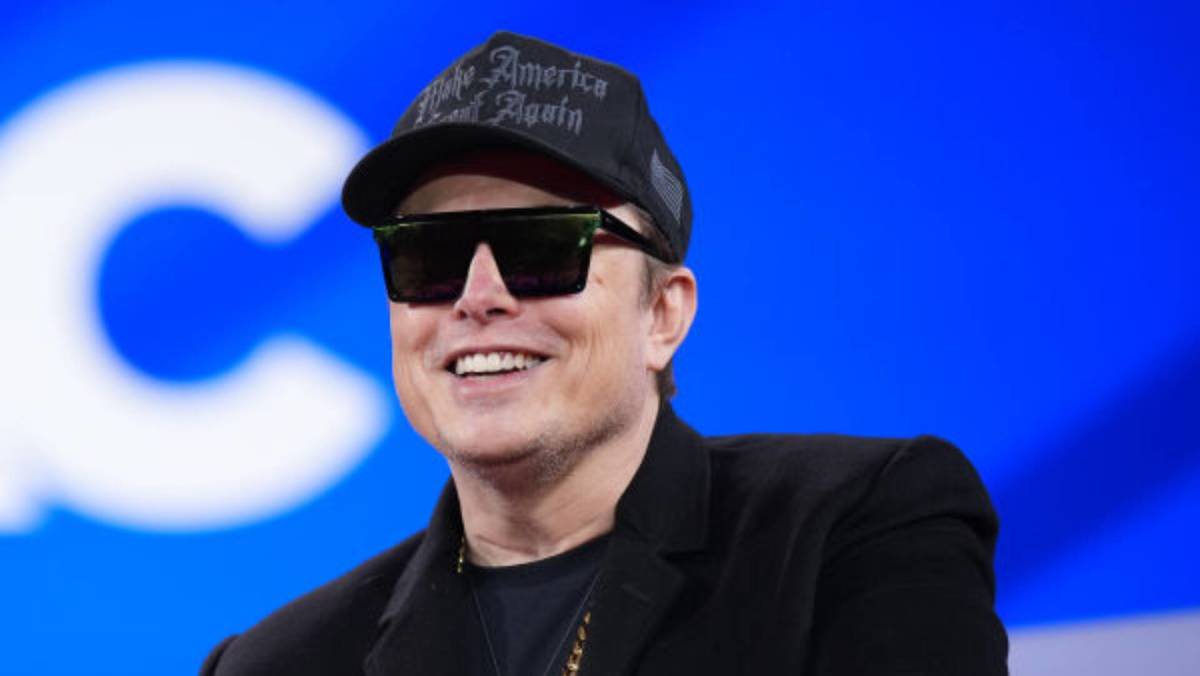Elon Musk has come under increased scrutiny as he has expanded his business empire and political involvement.
Last year, as foreign nationals came to visit Elon Musk at his various properties, U.S. government agents monitored the visitors’ movements.
In 2022 and 2023, several government agencies, including the Departments of Justice and Homeland Security, tracked foreign nationals who visited Musk.
According to news reports, the feds were watching to see if the people visiting Musk from countries in Eastern Europe were trying to influence him.
Of the five companies he runs, SpaceX has access to the most sensitive government data and contracts and has had unprecedented access to top government officials.
That type of influence makes certain aspects of Musk’s personal life in the public interest. On Wednesday, a judge agreed with the New York Times, ruling against a federal agency that claimed providing information about his security clearances “invade Musk’s privacy.”

Image source: Andrew Harnik/Getty Images
Court grants New York Times’ Elon Musk FOIA Request
On Wednesday, U.S. District Judge for the Southern District of New York Denise Cote ruled that the United States Defense Counterintelligence and Security Agency (DCSA) did not have the authority to deny the New York Times a Freedom of Information Act request.
The Times asked the agency to produce a single, two-page document listing any security clearances the government has granted Elon Musk.
Related: Elon Musk’s entourage forces drastic move from the government
The DCSA, the government agency that handles the Department of Defense’s security clearance and background check work, denied the request due to concerns about Musk’s privacy.
However, the Judge specifically pointed out that Musk’s government contracts with SpaceX make these clearances part of the public interest.
“The federal government has awarded numerous contracts to SpaceX over the past decade, which makes it one of the largest federal contractors,” Cote wrote in her ruling. “
“It is not disputed that SpaceX handles sensitive government information,” or that Starlink, a subsidiary of SpaceX, is also used by the U.S. military.
As part of the DCSA’s 13-point vetting process, the subject’s foreign influences and drug use are also scrutinized. Judge Cote said that Elon Musk’s public X posts about those topics are also relevant to this case.
“Musk has also publicly discussed issues relevant to SEAD-4 topics, including his personal drug use and contacts with foreign leaders,” she wrote.
Cote pointed to posts where Musk bragged that he had “spoken to Putin only once and that was about 18 months ago,” and to another post where he detailed his occasional use of ketamine, for which he has a prescription.
Related: Tesla enthusiasts take Elon Musk’s cross-country FSD challenge
Meanwhile, the DCSA argued that the information the Times sought “would do little to shed light on DCSA’s performance of its statutory mandate,” and its disclosure “could reasonably be expected to constitute an unwarranted invasion of personal privacy.”
FOIA requires federal agencies make requested documents available to the public if requested. There are exemptions, including national security and privacy concerns. But the law also states that the “limited exemptions do not obscure the basic policy that disclosure, not secrecy, is the dominant objective of the Act.”
Court rules DCSA didn’t prove Elon Musk’s privacy is being invaded by FOIA request
The court ultimately ruled that the DCSA “failed to meet its burden” to prove that the requested two-pager was a “clearly unwarranted invasion of personal privacy” as outlined in the FOIA Act of 1966.
Once again, Musk’s garrulous public persona came back to bite him in the Judge’s ruling.
“First, to the extent Musk has a privacy interest in the fact that he holds a security clearance, he has waived it. He has discussed publicly that he holds a ‘top secret clearance’ and, in doing so, has ‘diminished’ any privacy interest he held in that fact,” Cote wrote.
“DCSA fails to explain why, given Musk’s own, extensive disclosures, the mere disclosure that a condition or waiver exists (or that no condition or waiver exists) would subject him to ’embarrassment or humiliation.'”
Related: Elon Musk unveils Tesla’s Master Plan Part 4
#Elon #Musk #loses #crucial #privacy #court #battle